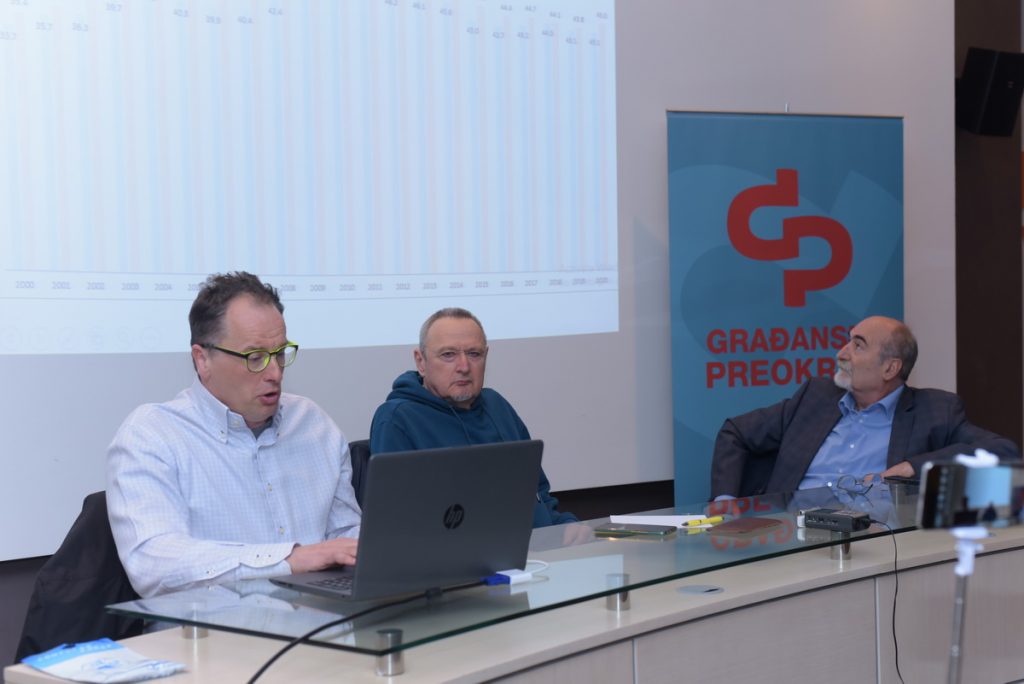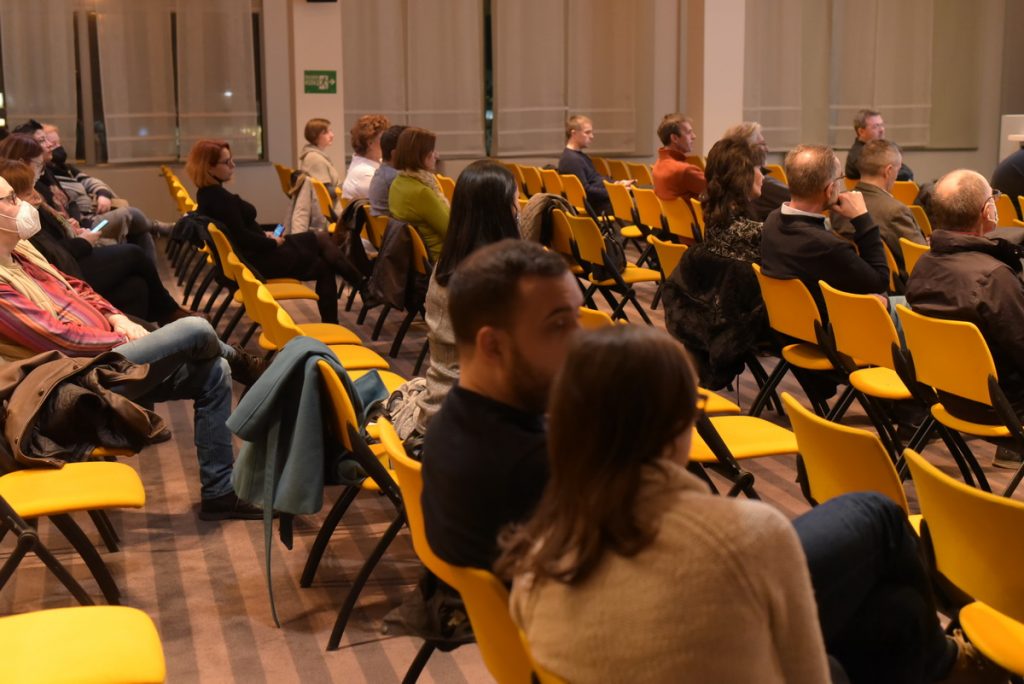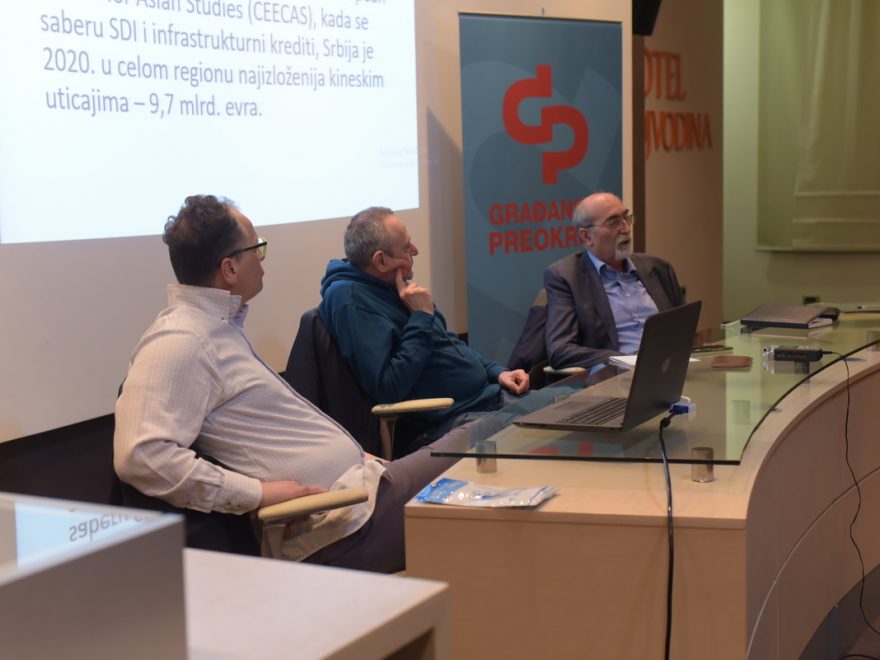The current model of economic cooperation with China has adverse consequences for Serbia, agreed Dr. Ognjen Radonjic, professor of economics at the Faculty of Philosophy in Belgrade, and Milan Culibrk, editor-in-chief of the weekly NIN, at a panel discussion held last night in Zrenjanin.

Radonjic presented data on the trade relationship between Serbia and China and stated that this is a classic example of the relationship between a poor and a rich country, i.e., the use of our resources. Serbia exports cheap raw materials to China, and buys highly sophisticated equipment, with a deficit. He pointed out that Chinese investments are not among the benefits because they do not provide access to advanced technologies, do not bring superior business management techniques, do not ensure the integration of our market globally and do not increase the competitiveness of domestic suppliers, because they do not use them. Serbia has a “race to the bottom” strategy in doing business with China – Radonjic concluded.
Ćulibrk continued with the question why the announcement of the factory of chips and flying cars led to the tire factory and reminded that out of everything that the Chinese do in Serbia, there are only three investments, and that everything else is work from very unfavourable credit arrangements. He pointed out the tendency for Chinese companies, such as Zidjin from Bor, to sell goods to affiliated companies abroad, most often to themselves, to do so at reduced prices, to reduce their profits and pay lower taxes to Serbia. According to Ćulibrk, subcontractors of construction works on behalf of Chinese companies in Serbia, such as the company Inkop Zvonko Veselinović and Milan Radojičić, are also a problem, because the engagement of companies close to the authorities indicates a corrupt chain through which money is extracted from overpaid projects.
Radonjic and Culibrk agree in the assessment that the non-transparency of contracting with the Chinese side and the absence of tenders and competition in awarding jobs indicate the possibility of much higher indebtedness than official data show. A normal country would take a loan from the European Investment Bank or the European Bank for Reconstruction and Development, which includes public bidding and adoption of the best offer, feasibility study, phased control of costs and environmental impact of works, and all this is missing in arrangements with Chinese partners, it was said at last night’s panel discussion.
The panel discussion on the consequences of economic cooperation between Serbia and China was organized by the Gradjanski preokret, and the moderator was Miroslav Samardzic, a political scientist from Zrenjanin.


